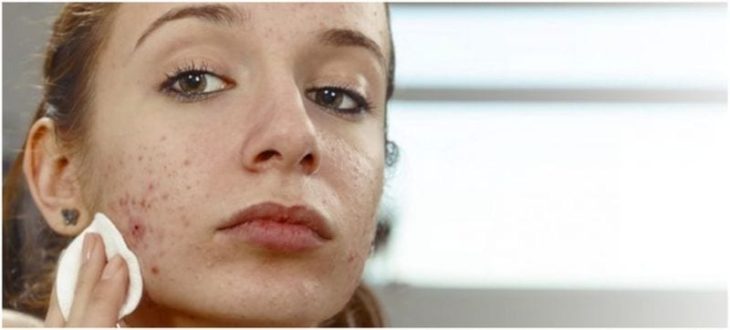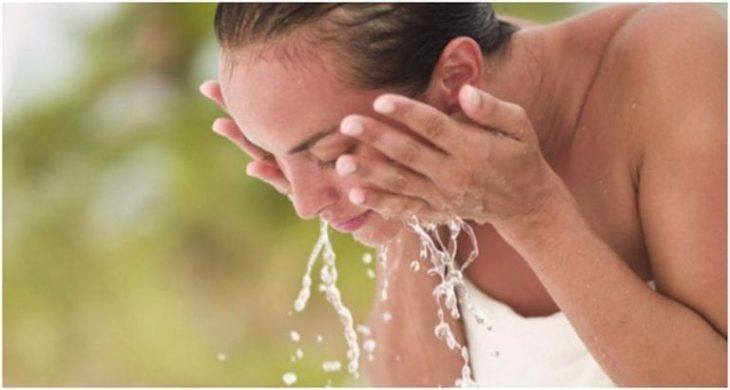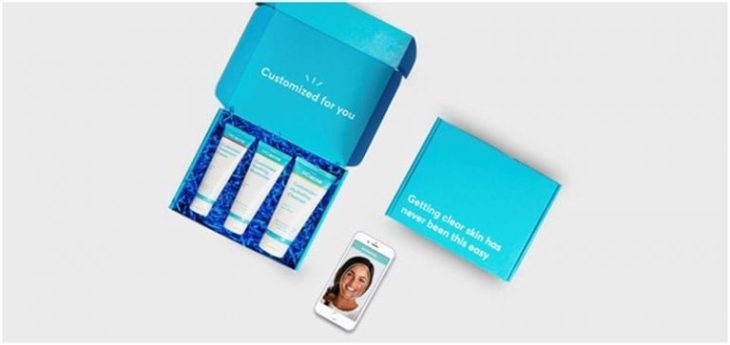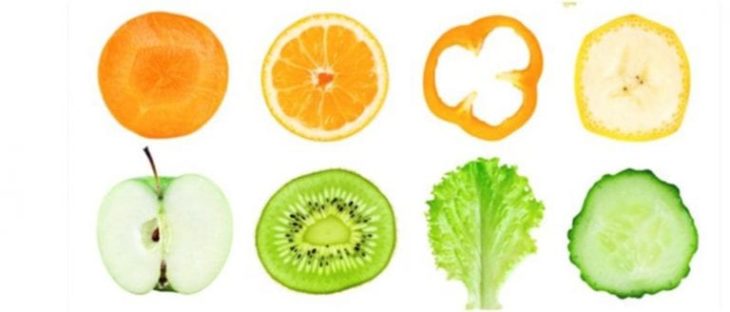Acne is one of the most common dermatologic problems, and dealing with it is anything but fun. Acne knows how to be very persistent and just when you thought you got rid of it, it comes back with a vengeance.
Contents
- What are the leading causes of acne?
- Is there a single “one size fits all” cure for persistent acne?
- Can we prevent and treat our acne without a dermatologist?
- What is the best makeup for acne prone skin?
- What is the best diet for people with acne?
- What is the best sunscreen for acne prone skin?
- How many times a day should you wash your skin when you have acne?
- Can exercise help with acne?
- Don’t stress!
What are the leading causes of acne?
The main causes of acne are genetics, hormonal imbalances. Other causes are stress, the use of certain cosmetics (i.e., makeup and skincare products)and diet.
Is there a single “one size fits all” cure for persistent acne?
There is no “magic bullet” for curing acne. Every person’s skin is unique with different skin types, tones, and sensitivities. Therefore, there is simply no “one-size-fits-all” solution when it comes to treating and preventing acne. That being said, all acne is treatable with the right, personalized combination of treatments.

source: beautypedia.com
Can we prevent and treat our acne without a dermatologist?
Yes, absolutely! Dermatologists can help a patient treat their acne by determining a good acne treatment program for their unique skin conditions and concerns. A qualified dermatologist for acne treatment in Arizona is English Dermatology. Unfortunately, these office visits are often short, costly and result in overpriced prescription medications.

source: verywellhealth.com
Treating acne effectively requires three essential products—1. A cleanser, 2. An acne treatment cream, and 3. An oil-free moisturizer. It seems simple, but the key is in the ingredients!
Generic drugstore acne cleanser can be fine for some people but will usually not be enough to clear acne. For an acne treatment to be effective, it needs to include real acne medications that will treat your acne without over-drying or irritating. The only way to get personalized treatment is by accurate analysis of your skin type and severity. Till now, the only way to achieve that was visiting a Dermatologist.
A new acne treatment app, MDacne (IOS), is changes the way acne treated. The free MDacne app analyzes your selfie and provides a personalized set of medicated acne-treatment products customized to your skin type and acne severity. Subscribers to the service get unlimited chat support with a dermatologist and free fine tuning or their medications according to their skin improvement. .

source: MDacne.com
What is the best makeup for acne prone skin?
Always look for makeup labeled oil-free and non-comedogenic (meaning it won’t clog pores!). Avoid thick or solid makeup products like concealer sticks or creamy compact foundations. These products contain ingredients that keep them in a solid or semi-solid form, which can exacerbate acne-prone skin and lead to more breakouts.
What is the best diet for people with acne?
Be sure to eat a healthy and balanced diet. This includes whole grains, fruits, vegetables, fish as well as other healthy fat sources (avocado, coconut, nuts, etc.). Leafy greens and other brightly-colored fruit and vegetables, which are rich in antioxidants and nutrients help reduce inflammation and improve skin quality. Limit intake of dairy products, which typically contain hormones and antibiotics that can worsen acne breakouts.

source: nutritiouslife.com
Herbs can also be super helpful with calming acne. For example, studies have shown that spearmint tea has been shown to have anti-inflammatory and reduction in testosterone levels, which can improve the skin condition.
What is the best sunscreen for acne prone skin?
While SPF is a non-negotiable in skincare, most traditional sunscreens can trigger breakouts. You want to look for oil-free and non-comedogenic formulas that won’t clog pores. In addition to their acne-treatment line, MDacne also has an oil-free effective sunscreen safe for acne-prone skin so you can get your dose of SPF without having to worry about clogged pores.
How many times a day should you wash your skin when you have acne?
Washing your face is a critical step in preventing new breakouts. If not cleaned properly, the skin’s pores tend to get clogged with debris and bacteria, creating the perfect breeding ground for acne bumps and zits. You’ll want to wash your face at least twice a day (once in the morning once at night). You can cleanse once more if needed (ex. after a workout), but no more than three times/day to prevent over-drying.
Can exercise help with acne?
Regular exercise is beneficial for your whole body, including the condition of your skin. However, after a workout, try to wash your face immediately using your medicated cleanser to unclog your pores and remove excess oil. If you struggle with acne on the body, also try to take a shower as soon as possible after working out as standing around in tight, sweaty workout clothes puts you at the highest risk for body acne and rashes. However, if cleansing or showering right away isn’t an option, opt for an oil-free makeup remover wipes to tie you over.
Don’t stress!
Last, but not least, chill out a bit! Studies have linked excess cortisol (i.e., the stress hormone) to breakouts. Stressing over breakouts will only make them worse. Follow the steps above, find ways to reduce any existing stress in your life, and you’ll see our skin improve dramatically.
